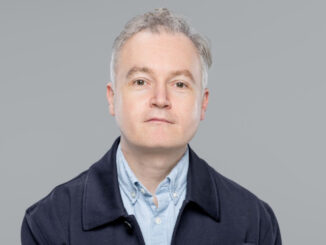
Hospital Radio Swindon to host special 12 hour live show
Hospital Radio Swindon will celebrate its Diamond anniversary this year with a special 12-hour live broadcast on Saturday 20th September.
Beginning at 8am and continuing until 8pm, the special programme will feature requests, dedications, quizzes and live guests throughout the day.
The station first began entertaining patients in 1955 with football commentary before launching a full radio service more than a decade later. Its roots, however, go back to 1938, making it one of the UK’s oldest hospital radio services.
Since 2007, the station has broadcast from a studio on the second floor of the Great Western Hospital, providing a 24-hour service for patients in Swindon hospitals.
Programme and Content Editor Dave Woods said the team wants the community to be part of the day.
“We would really like the town to get behind our all-day request show by tuning in and choosing the music for us throughout our live 12 hours,” he explained. “We would especially like for family and friends of those who are staying at the Great Western Hospital or local nursing homes to join in and let us send a special message to their loved ones.”
Chairman Arthur Perkin added that the celebration marks an important milestone. “Hospital Radio Swindon celebrates an amazing 60 years of visiting and entertaining patients in Swindon’s hospitals this year, so we wanted to mark the occasion with something special on air,” he said.
Requests for the live programme can also be emailed to request@hospitalradioswindon.org.
#mc_embed_signup{background:#fff; false;clear:left; font:14px Helvetica,Arial,sans-serif; width: 600px;}
/* Add your own Mailchimp form style overrides in your site stylesheet or in this style block.
We recommend moving this block and the preceding CSS link to the HEAD of your HTML file. */ […]



